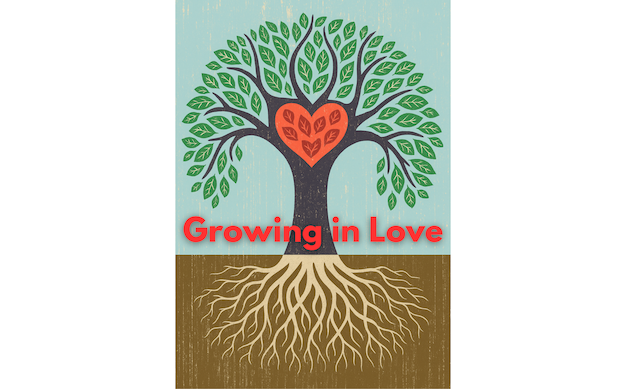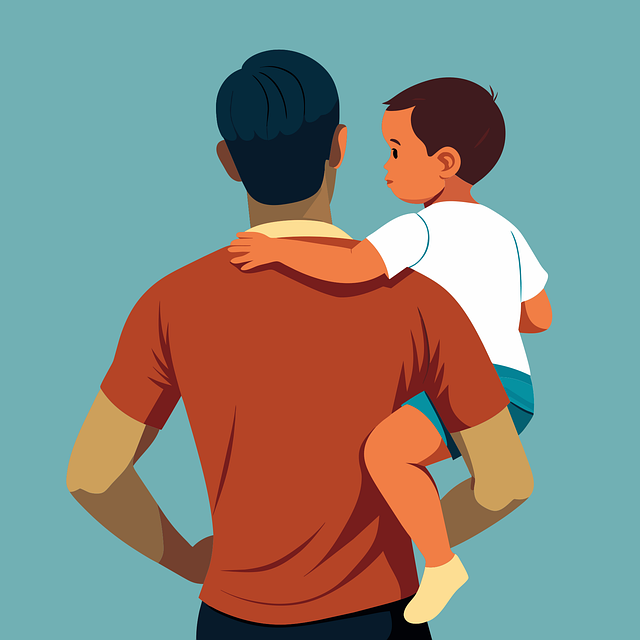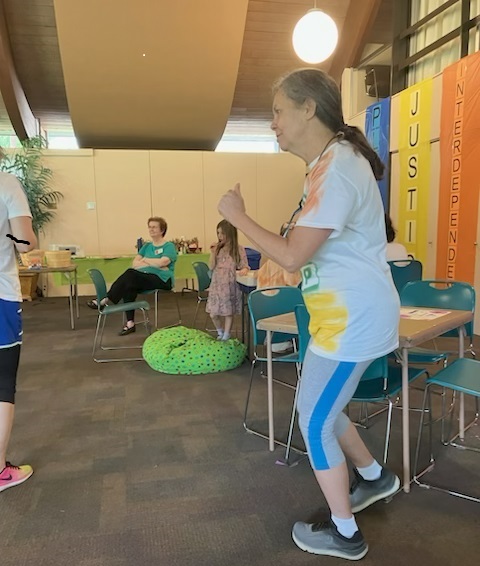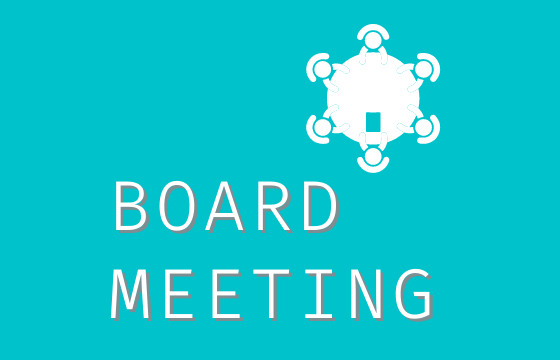A Lesson in Pluralism: Children Remain Our Greatest Teachers
One of my greatest joys as Emerson’s RE Coordinator is witnessing children flourish. In
eyes unblemished by social chaos, my small stature surfaces as a humongous asset of
relatability. In addition to being a teacher, I take being a role model and nurturing adult
very seriously.
As much as I love introducing Sunday School students to UU principles, it is remarkable
that they have not been shy in schooling me. Whether introducing their Minecraft video
game prowess or sharing life perspectives from their lens, I am learning the invaluable
lesson of listening more with my heart than my ears.
It should come as no surprise that experts say children are not born defining social
categorizations as good or bad. In fact, an 11-year-old unhesitatingly explained that
“people are built differently.” Different skills. Different preferences. Different experiences.
He went on to say that “different is neither good nor bad; it’s just different.”
While it may be unrealistic to declare children’s unawareness of differences, youth tend
to focus more on commonalities.
After all, the little boy in Bobby only wants to know if a potential new friend can join him
in a game of catch. Similarly, 12-year-old Angela just wants a Double Dutch jump rope
partner to beat a competing two-girl team.
The beauty of it is that kids have a natural tendency to accept differences in others.
Their concerns do not revolve around things that might potentially divide adults like
social class, or affiliations political and religious in nature.
Learning is lifelong and one is never too old to absorb new information or adopt a fresh
perspective. Although it may sound cliche, children remain our greatest teachers.
Shari Wright, UU Education Coordinator





